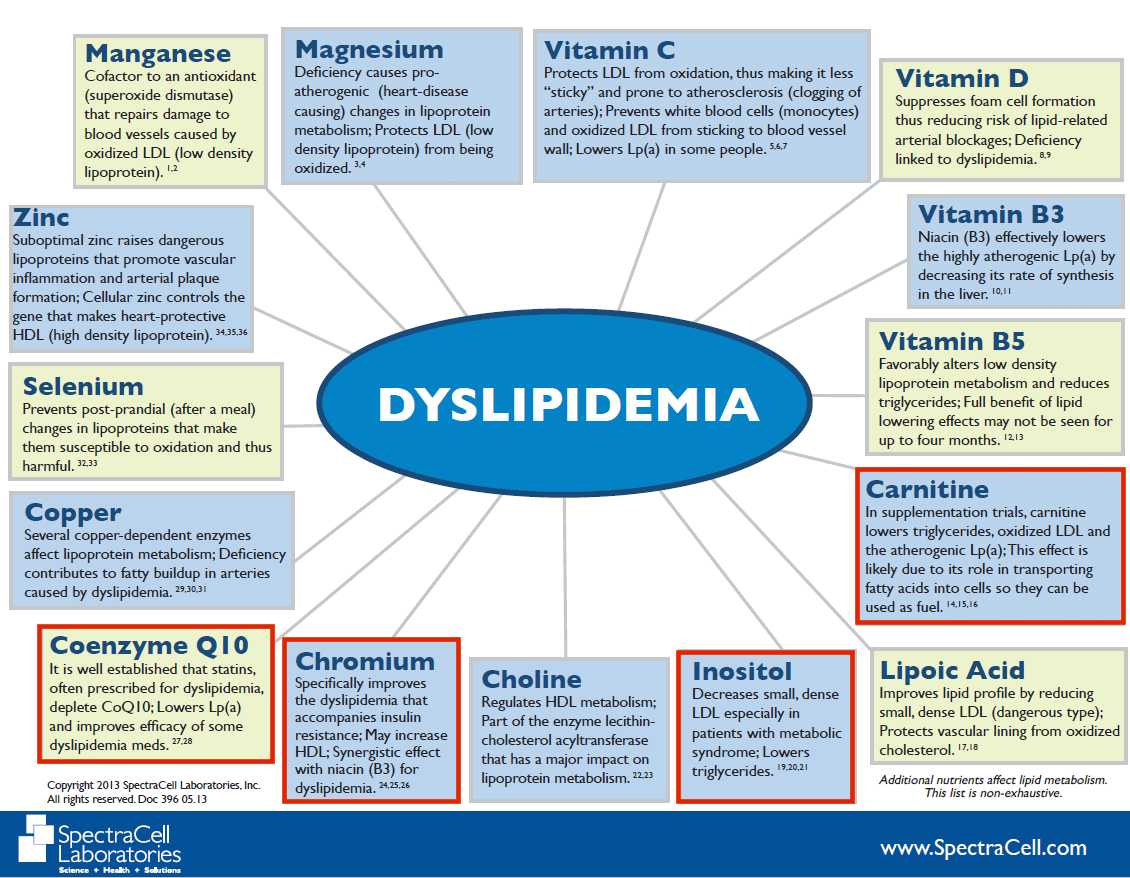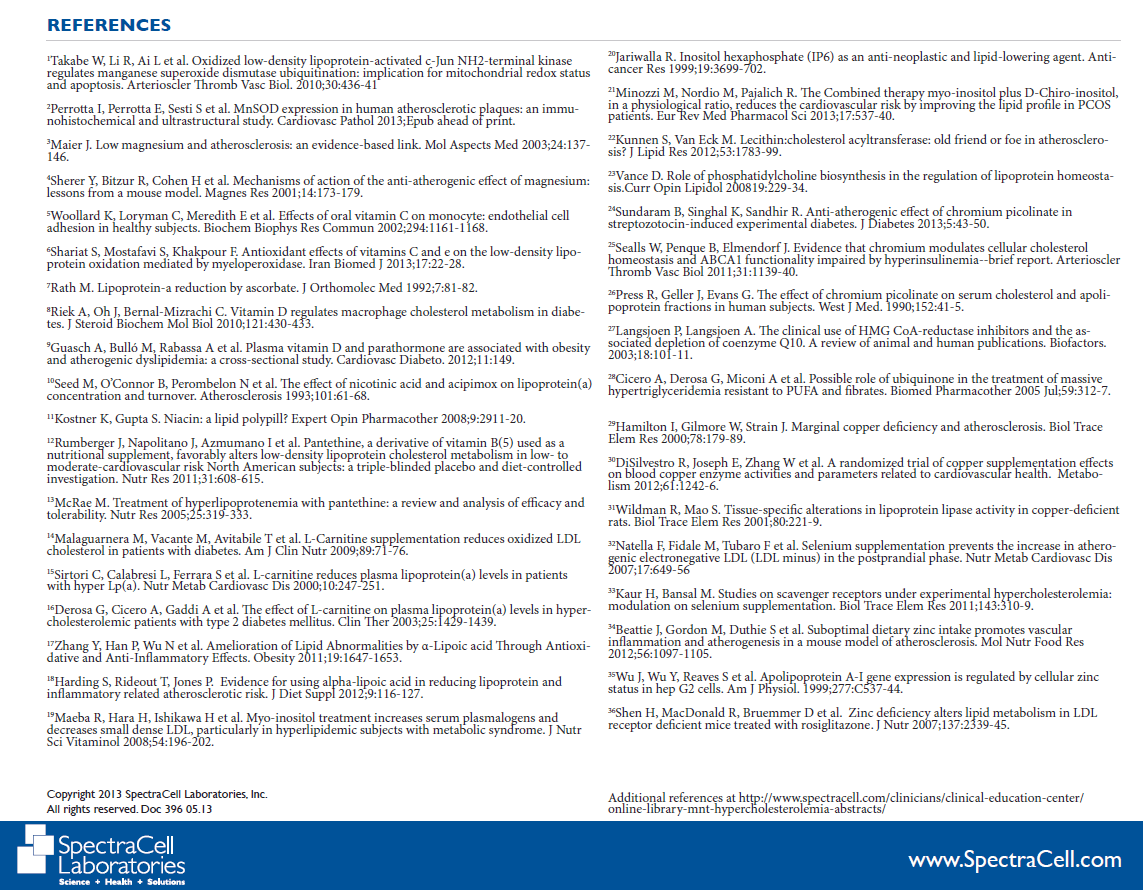11 Nutrient Deficiencies That Correlate With Dyslipidemia
The chart below shows the nutrients that you should be focusing on.
Our analysis is based on the nutrient density of individual nutrients in USDA food database.
What are the nutrients that we need prioritize in our case?
After prioritizing for the missing nutrients we generated a list of foods that may help you with dyslipidemia.
Let's take a look at the summary of top 700 (top 10%) foods.
Macronutrient Profile per 2000 calories
The graph above shows the breakdown of this diet by carbs, protein, fat, and fiber.
On average, these foods will be not ketogenic, containing 50.9% of insulinogenic calories.
It also means that this food list might be bad for reducing your insulin levels.
On average, the energy density of these top 700 foods makes them optimal for weight loss.
This food list is also a bad source of fiber.
So... What happens if you consume 2000 calories worth of these 700 foods?
Graph below shows all the essential nutrients that you will get.
Micronutrient Profile as % of RDI per 2000 calories
Red bars show amino acids, green color is for vitamins, blue is for minerals, and pink is our omega-3.
Here is the list of nutrients that are below 2x RDI:
By clicking on individual nutrients you can find food lists to maximize them if you so desire.
This stats puts this diet's nutrient quality at 89/100 points.
So, what foods should I eat?
Here are links to top 15 foods for individual nutrients:
Food List To Help With Dyslipidemia
References

